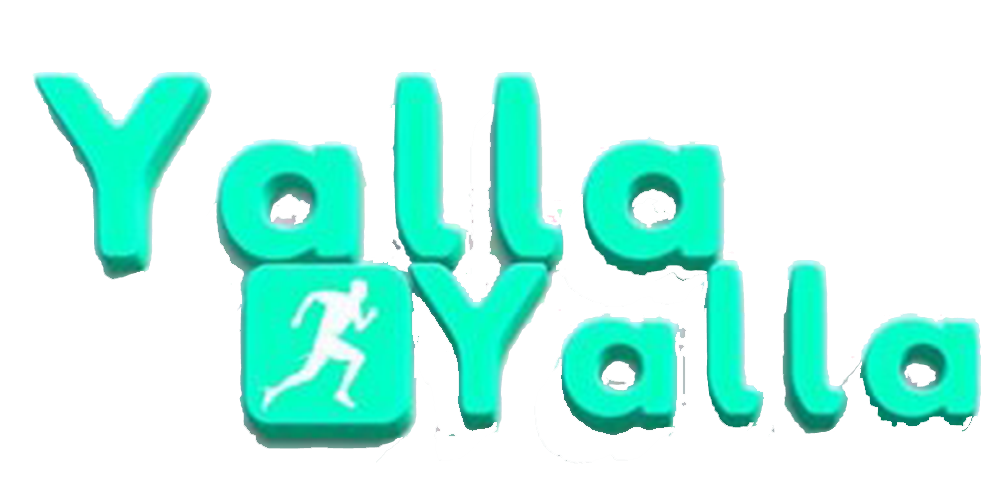MINAGRI developed different irrigation schemes through different programs. However, the rigorous damage of irrigation infrastructures and poor management of these schemes were identified right after their development because of different causes. These include; level of farmers’ preparedness and lack of production plans that matching with developed schemes; low literacy on Good Agricultural Practices (GAP); lack of ownership of scheme stakeholders at government’s expectation; heavy cost to maintain irrigation infrastructures by water users within schemes among others.
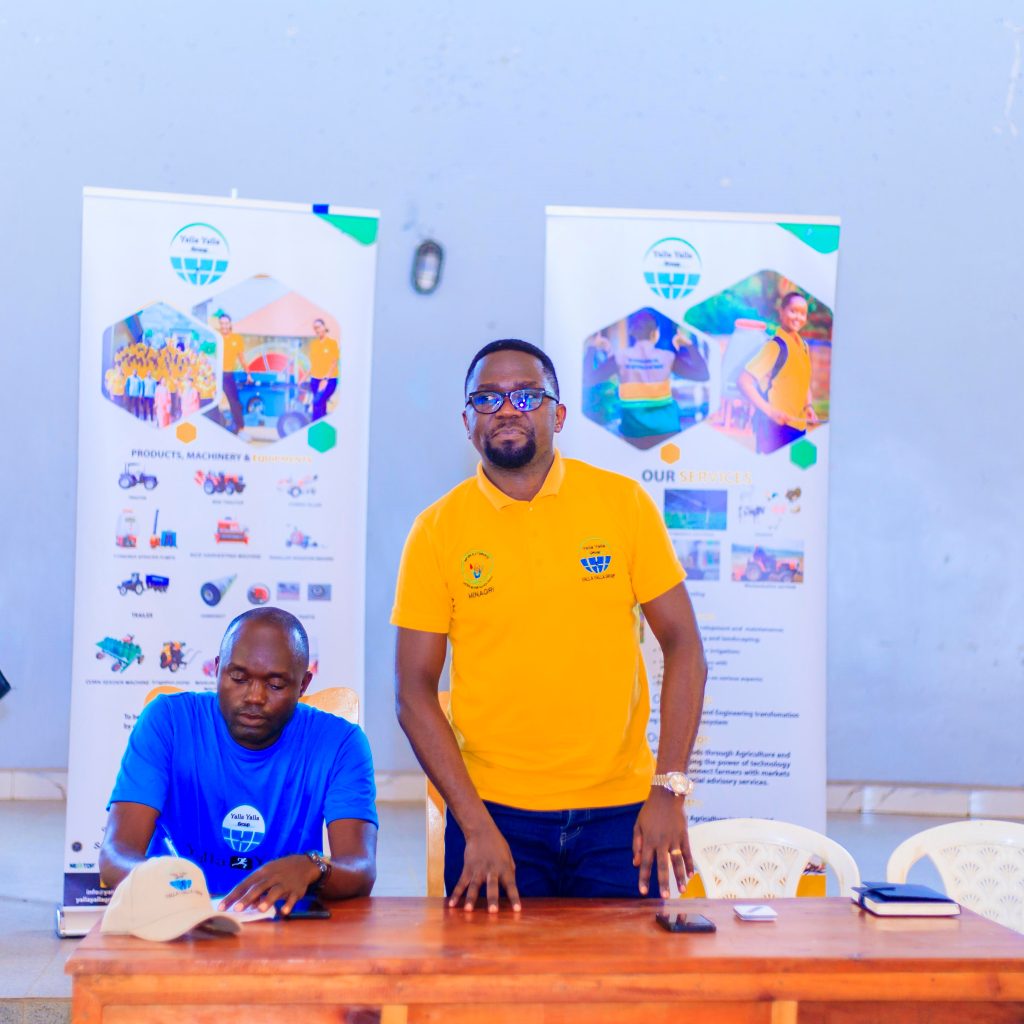
To enhance support for IWUOs and Cooperatives, RAB has entered into a partnership agreement with the YALLA YALLA Group, which serves as a service provider offering proximity coaching to farmers on the operation and management of irrigation schemes. These schemes are categorized into two lots: Lot 1 and Lot 2. In fact, YALLA YALLA is providing daily proximity coaching by offering technical backstopping to farmers and water users. Lot 1 encompasses 2,180 hectares with 20 farmers’ Cooperatives and 15 Water Users Organizations (WUOs), while Lot 2 covers 2,526 hectares, involving 16 farmers’ Cooperatives and 13 WUOs.
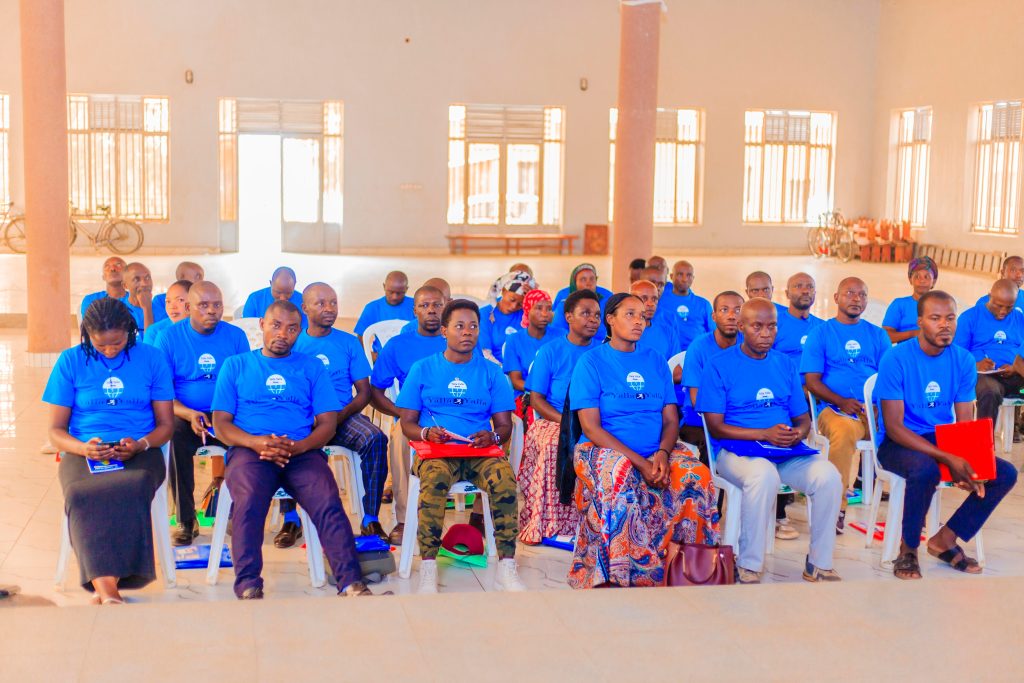
123 farmer promoters involved in all irrigation schemes classified under batch two are being trained. The farmers are receiving comprehensive training covering diverse aspects of crop production, value chain management, irrigation, water management, and the effective administration of cooperatives and water users’ associations.
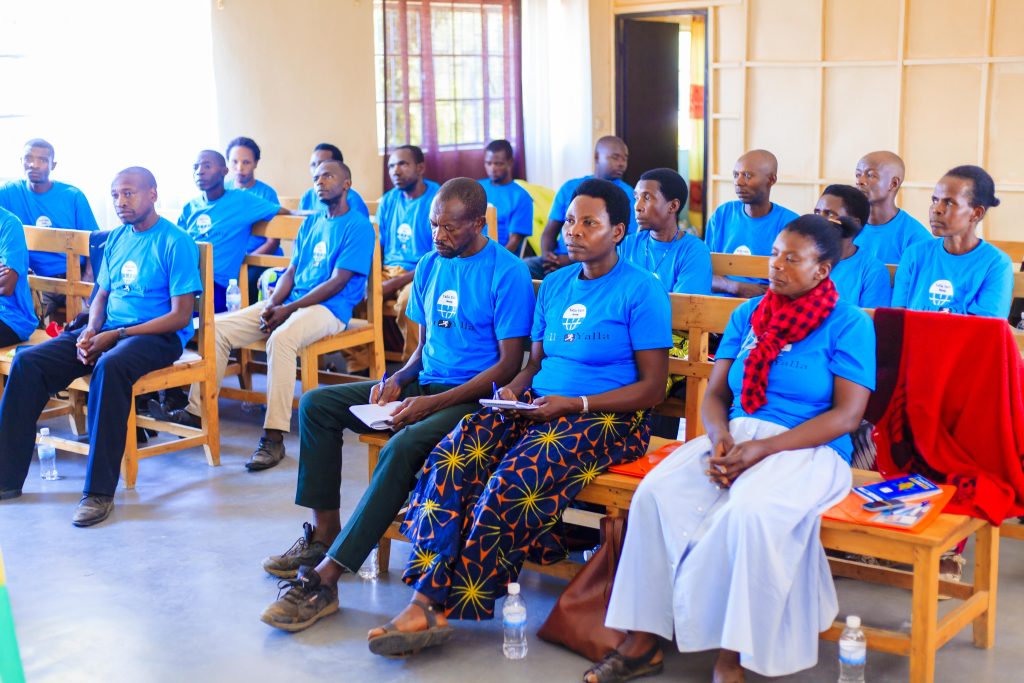
In accordance with the previously established partnership agreement between RAB and YALLA YALLA Group, focused on enhancing the capabilities of farmers within the mentioned irrigation schemes, YALLA YALLA Group aims to initiate in-class training for Scheme Farmer Promoters (SFPs). The objective is to ensure the long-term sustainability of the operation and management of the irrigation schemes.
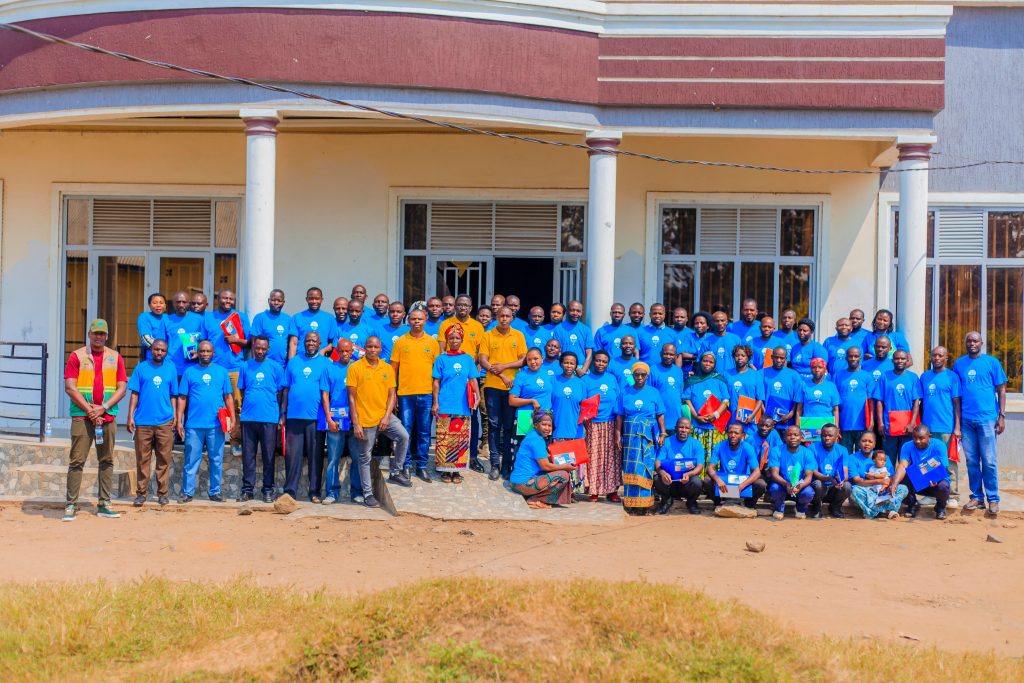
The creation of the training manual for the PESFIS project was adopted a participatory approach aligned with project objectives. The training was particularly focused on crop production, the efficient operation and maintenance of irrigation infrastructures, and the administration of cooperatives and Water User Organizations (WUOs). Experts with diverse backgrounds in crop production, operation and maintenance, and cooperative management were actively participating, bringing their specialized knowledge and skills to enrich the training program. This collaborative effort ensures a comprehensive and well-rounded approach to skill development for participants.
